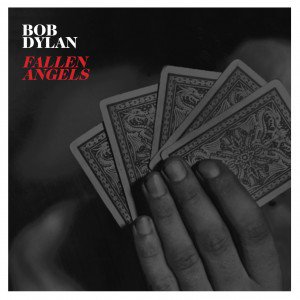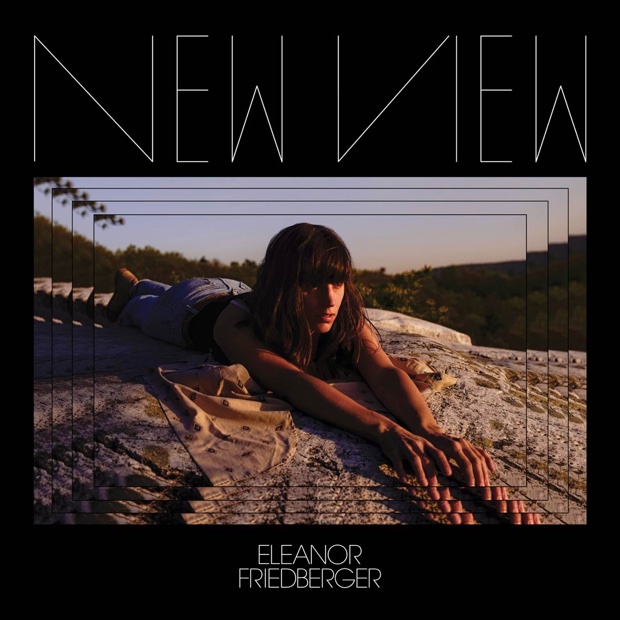
Har Marr Superstar
Best Summer Ever
Best Summer Ever, possibly the most eccentric album of the year so far, just doesn’t subscribe to a single genre, or even a single overarching theme. It’s a bounding, leaping album that hops between genres and eras, and has no respect for anything, or anyone — fitting, considering Har Marr Superstar’s man-behind-the-curtain Paul Tillman’s irreverent nature.
From R&B-influenced opening tracks to a pop-drenched middle, all the way down to the garage rock, old-school rockabilly ending, Best Summer Ever is carefree and takes some radical approaches to production.
The album’s penultimate track, “Famous Last Words” is evocative of a draft-era lamentation by a young man leaving home. For the most part, it features garage rock production qualities, with fuzzy guitars and crackling sounds trickling through the track, but it also features an occasional dubstep-esque bass drop where the sound goes haywire. It’s something that was best described by CIVL’s Dave Cusick as “the sound of Kylo Ren’s lightsaber just being dropped randomly into the song.”
Whether or not these production risks are something you appreciate, Best Summer Ever tries its damndest to appeal to all sorts of listeners, whether pop lovers, funk fanatics, or a garage rock fan.
Glen Ess

Bob Dylan
Fallen Angels
Last April I wrote a review for Bob Dylan’s collection of old pop covers, Shadows in the Night, which I suggested was best enjoyed while feeling blue. Fallen Angels, another batch of melancholy pop covers, is more of the same. Put it on at night and submit to its nostalgic mood.
On the other hand, this new record is far more upbeat. While the instrumentation is more or less the same — with violins, double bass, subtle percussion, and trebly guitars — the musicianship is quicker and more playful, and Dylan’s voice sits more comfortably in the arrangements. The prime example is “That Old Black Magic,” which moves so free and easy that you forget Dylan’s voice is supposed to cause you and your earholes pain.
This second stab at traditional pop isn’t as strong as the last in terms of its purity of mood, but consequently it can be enjoyed in a slightly wider range of moods. If you dug Shadows in the Night, you’ll dig Fallen Angels.
Alex Rake

Eleanor Friedberger
New View
Eleanor Friedberger’s perspective is always stretching wider than it was the last time — the last time things didn’t go according to plan, or someone said the wrong thing, or a character in one of her songs took too long to make up their mind. To make New View, Friedberger disrupted her usual way of putting an album together; the New Yorker started creating material in Los Angeles with a new backing band, recorded live, applied the lessons of a stint with Seth Meyers’ rotating late night music team. “That taught me to not be too precious and to write quickly,” she says in an interview with the Quietus. Though the elements of Friedberger’s first two solo albums are still there, the result is a bit of a pullback from Personal Record: easy rock with mellow Hammond organs and steady drums and lots of space for riffs before a final chorus. So, nothing too surprising. But pick a song, like “Your Word” or “Cathy with the Curly Hair,” and you’ll find poetic twists, unexpected in the verse-chorus structure, that show why Friedberger is a lyrical league ahead of most in her genre — like Jenny Lewis, Dean Wareham, or Joe Walsh, time away from the band she made her name with might have lessened her star appeal, but the old excitement, the possibility of spontaneous-seeming narration still shows up, for instance, on “Does Turqoise Work,” a failed memory escape line of “something something / oh never mind, nothing!” followed by a brief wall of sound.
Michael Scoular

Kaytranda
99.9%
Canadian producer Louis Kelvin Celestin’s debut under the stage name Kaytranada is another record that further blurs the lines of hip-hop aesthetics. Celestin’s production work throughout the record is itself instrumental, featuring vocal acts such as Vic Mensa and Anderson Paak on a track-by-track basis.
The material found on 99.9% is mostly reflective of funk and disco influences, and as far as the source material is concerned, the record is fairly consistent. Although it might veer towards the modern in more drastic instances, such as “Drive Me Crazy,” on which Vic Mensa sounds right at home, the core instrumental aesthetic always seems to gravitate back towards its early disco and R&B influences.
The two standout tracks on the record — because at 15 tracks, 99.9% gets a bit muddled, tracks blur into one another — are “Glowed Up,” and “Weight Off.” The first, on which Anderson Paak lends his Kendrick-esque flow, oozes California carelessness over its first half before morphing into more melancholic tones. “Weight Off,” bolstered by BadBadNotGood, is just as reflective of East Coast flavours, all synthesizers and funk percussion, with the added benefit of a simple bass hook that pushes the track on.
I want to see Kaytranada break out of the disco and R&B pigeonhole, if only for an instance. As it stands, 99.9% is a solid record, but one on which Kaytranada risks being irreparably typecast as another artist shamelessly mining the ‘70s for everything they’ve got.
Martin Castro

